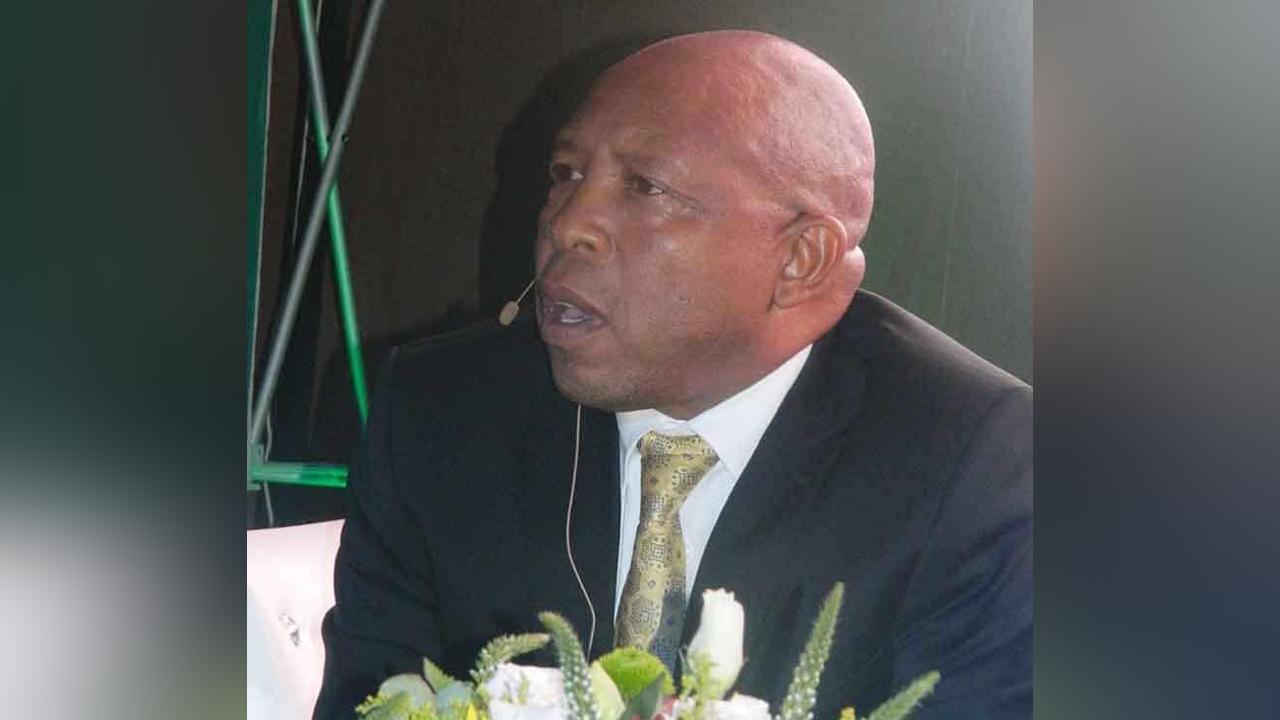Africa-Press – Lesotho. Lesotho is deep in debt, with the country’s debt portfolio currently estimated around 45.5 percent of GDP and to recover, government is banking on newly-signed projects for the next five years.
The portfolio is securely within SADC’s policy guidelines of 60 percent and International Monetary Fund (IMF)’s 55 percent of GDP, however external debt to GDP is hovering at 39 percent, very close to the 40 percent IMF’s sustainability threshold.
The new projects should be able to deliver a desired boost to the country’s economy but failure to achieve desired outcomes, on the other hand, will severely hurt the current position of indebtedness.
In March this year government staged the first economic laboratories where subsequently a total of 77 private sector projects were identified as key towards Lesotho’s economic emancipation.
Together, the projects have potential to unlock over M20 billion in private sector investment, create more than 30 000 jobs and contribute more than M14.3 billion to the country’s GDP.
Minister of Finance Dr Moeketsi Majoro revealed last week that the country’s debt position is not in good shape, pinning all hopes on the success of the 77 projects identified during economic labs earlier this year.
As it stands, Majoro revealed the debt portfolio is estimated at around 45.5 percent of GDP of which 86 percent is external debt. “These also include the African Union Sports Council Region 5 2020 sports budget,” he said last week during the financiers and investors forum that was held in Maseru.
He revealed further that in 2019/20 only, more than M4 billion new loans were signed. The minister, however, revealed that government still has ample buffer on the domestic side to contract debt but the market is too shallow to accommodate the required financing needs.
This shortage of financing locally and the bulging debt externally, prompts the government to leave to the private sector the projects with high economic returns and focus on essential social spending.
“We acknowledge that the economic growth is likely peaked at three percent, with growth in per capita gross domestic product significantly below what is needed to reduce poverty and create jobs.
“That is why government introduced a new method and strategy of doing things by bringing in the private sector as a catalyst for growth and development,” the minister added.
To ensure that the projects are successful, government has expressed commitment to create an enabling policy, legal and regulatory environment, facilitate development of various financial markets. The government has also promised to address issues of market failure through capacity building of Small, Micro and Medium Enterprises (SMMEs).
The country should also improve its position on the ease of doing business indicators in order to attract more Foreign Direct Investment (FDI) with the country currently standing at 106 out of 190 countries, according to the latest World Bank reports.
Access to credit in the country remains a major constraint as the country sits at 85 while South Africa and Namibia are ranked 73 compared with SACU counterparts in the region.
For More News And Analysis About Lesotho Follow Africa-Press






